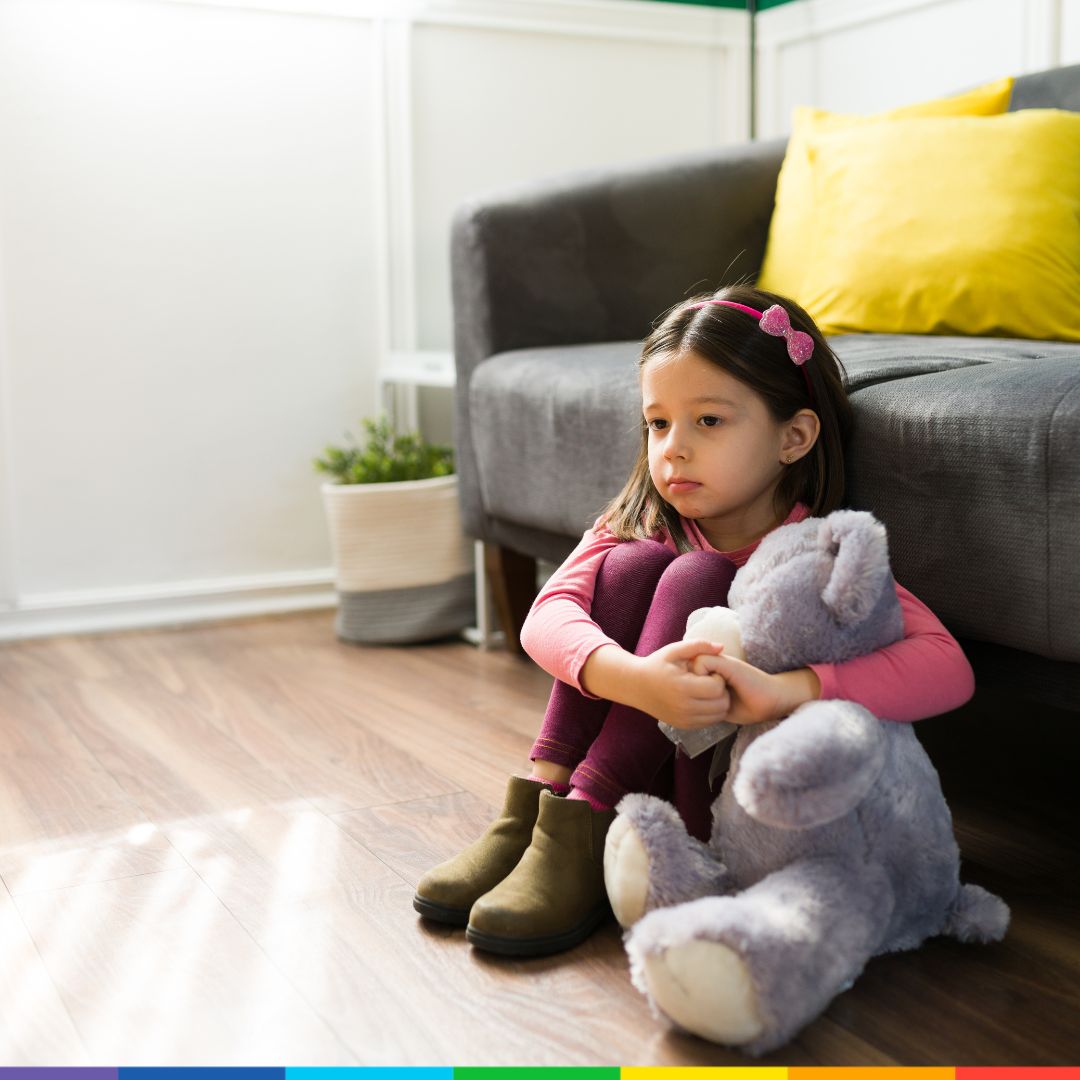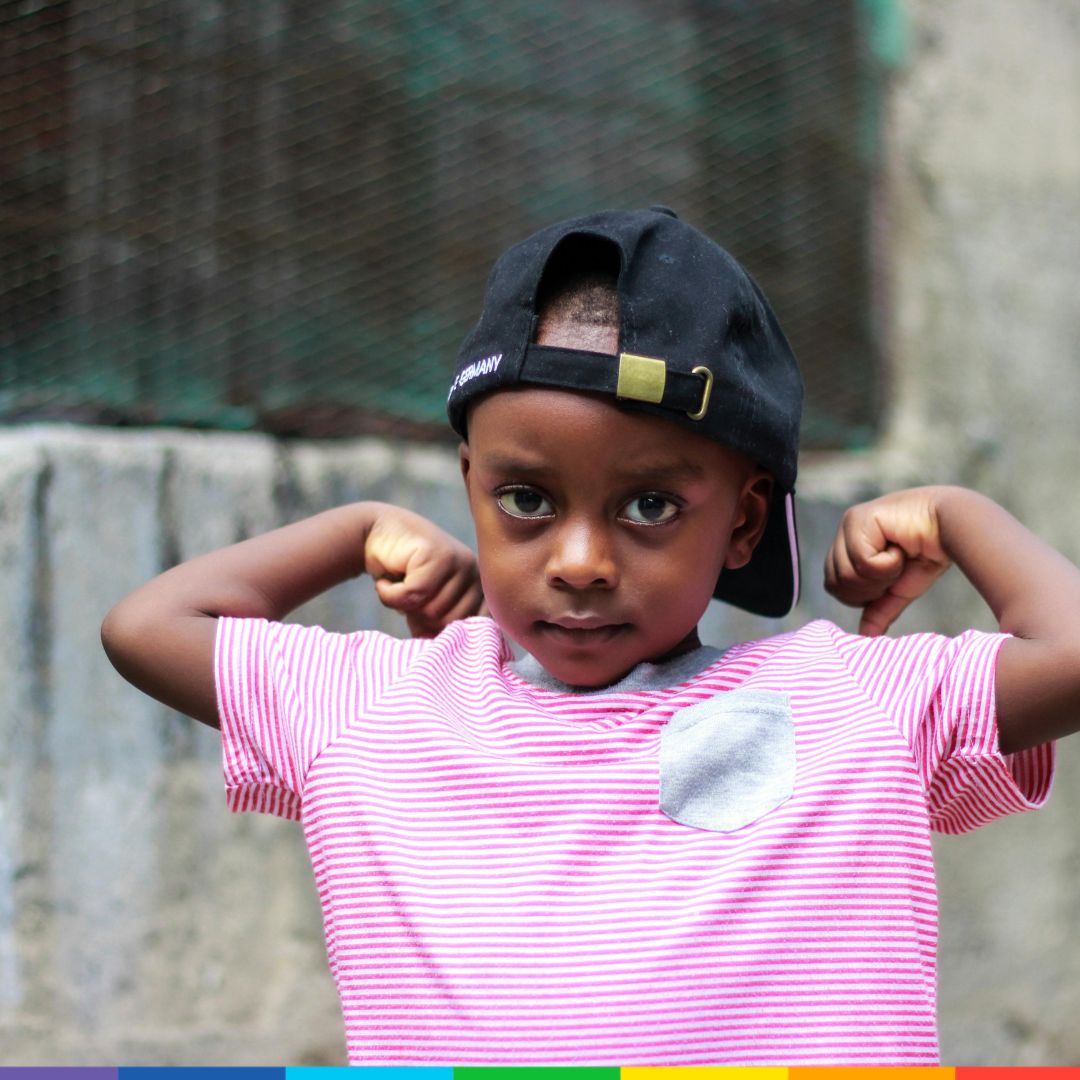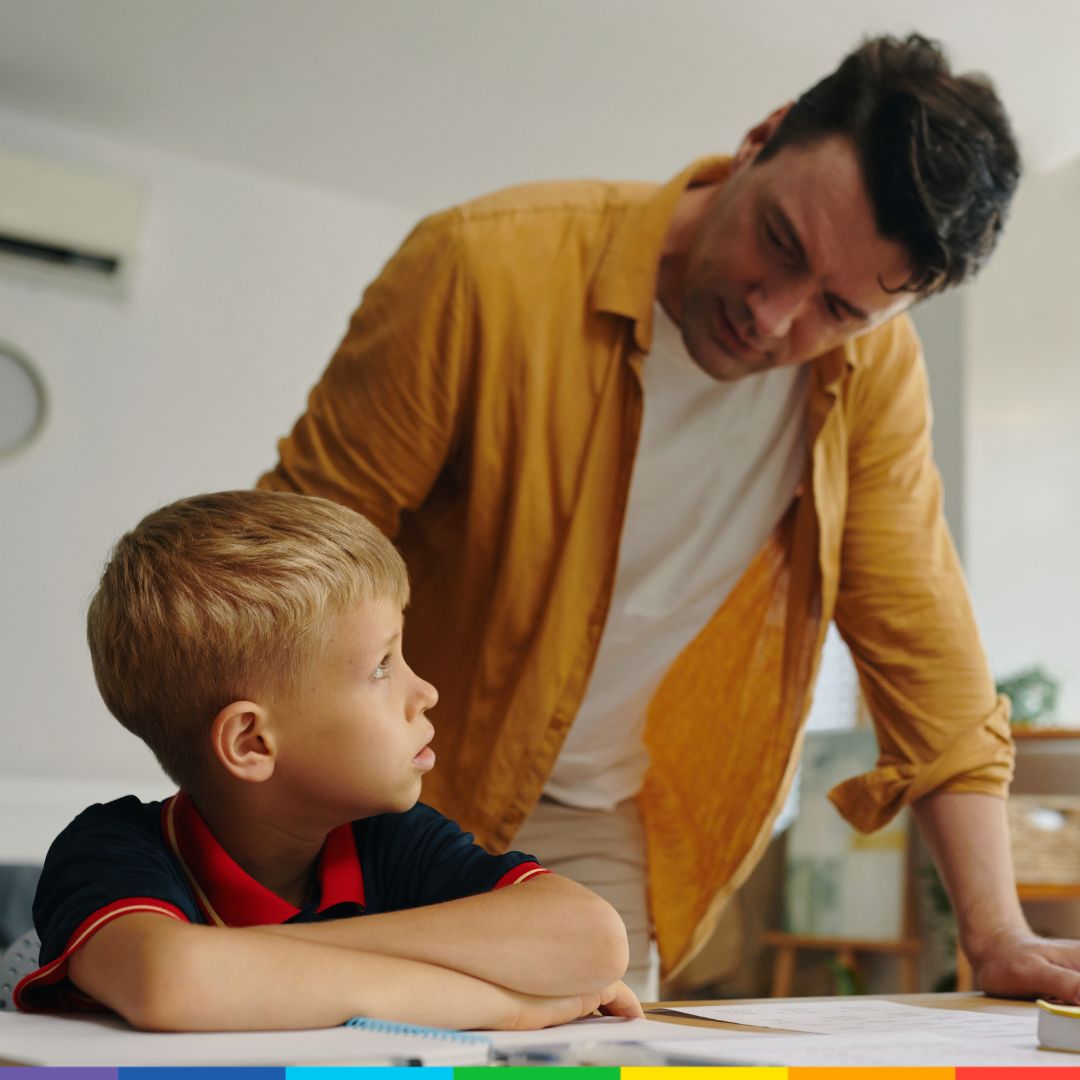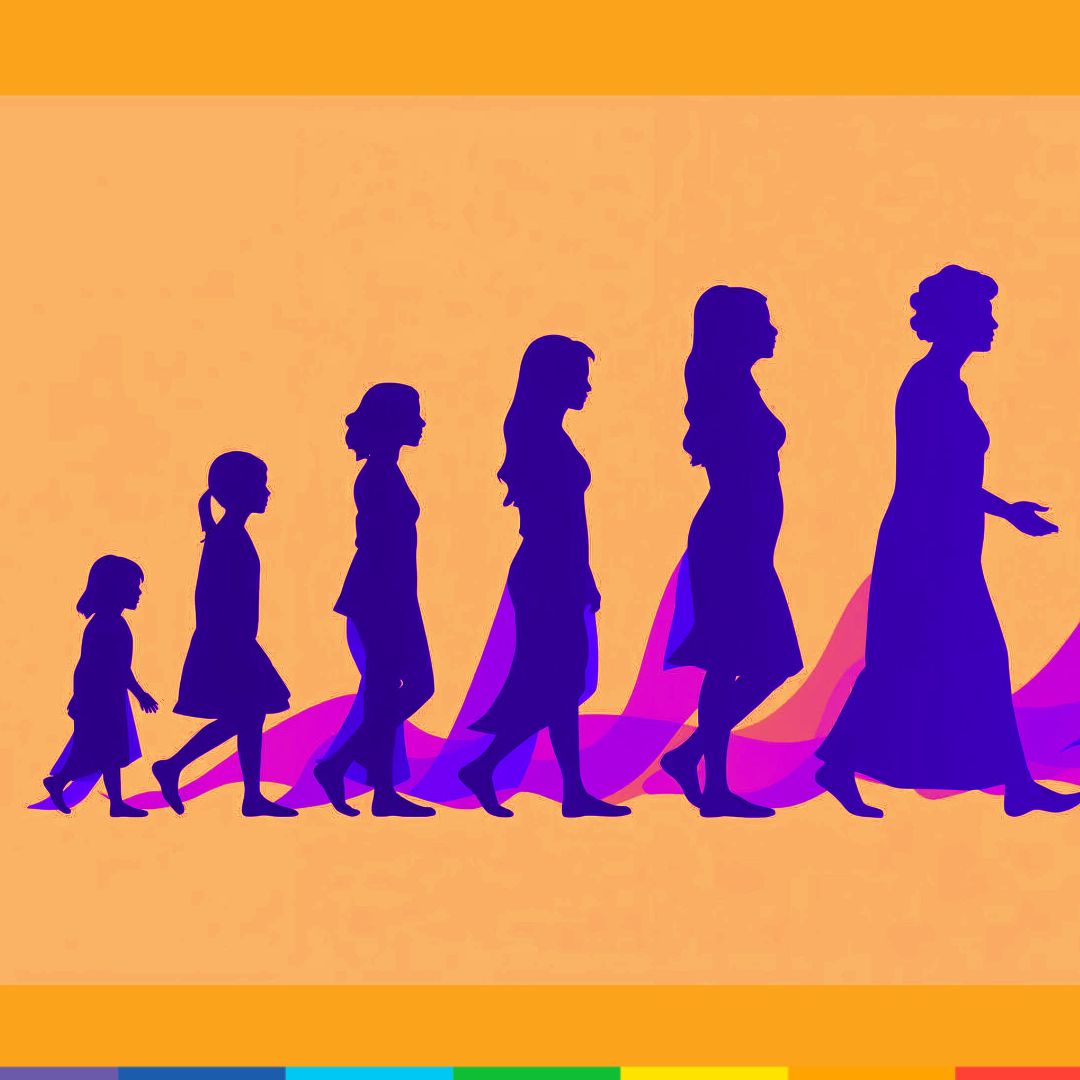
Parenting Tips
Peek-a-boo, Love, Trust and Development!
July 7, 2022
Related
Topics

Hey
-

Big Feelings – Helping Kids Handle Them : Best Tips 101
February 25, 2026
-

How to Build Confidence in Shy Kids: 12 Evidence-Based Tips
January 26, 2026
-

How to Teach Emotional Regulation to Kids (Aged 3–8)
January 15, 2026
-

5 Ways to Nurture SEL at Home (Fun Activities)
January 1, 2026
-

How Early Social Emotional Learning Help in Successful Life?
December 11, 2025
Ready for more?
Hey
Sign up for Rainbow Kiddies newsletters for more stories and updates
There is a deep connection between peek-a-boo, love, trust and sensorimotor development. We love to play peek-a-boo with kids. We love the cute reactions, panic, surprise, rolling eyes and cuteness overload. Ever wondered about the science behind this age-old game? I actually never did, until I learnt psychology. In case you belong to my category of parents, let me enlighten you too.
Quick Peek into Jean Piaget’s Stages of Development
As per Jean Piaget, children go through four stages of cognitive development, the first being sensorimotor development. This stage is ‘ON’ from birth. Their senses develop and start working while in the womb itself. Once they venture into the outside world they start to use their senses even more. They cannot assume yet, unlike us grown ups. When something is out of their sensory reach, they believe that it does not exist anymore.
In such circumstances imagine how they might feel when the most important people in their lives like mom or dad disappear even for a second. I cannot even imagine the rush of scary feelings. I am not sure if they can yet think that far, but it definitely gives them the jitters. A missing parent, favorite toy, etc., can actually make them feel insecure. They still do not know that these missing things continue to exist outside their area of sensory reach.
Read more about Jean Piaget’s development stages and another infant milestone in our post on why infants love to eat everything that they can possibly hold.
Understanding the Science Behind Peek-a-boo
In a game of peek-a-boo when you show back up, the joy and comfort they feel gets expressed as surprise, elation and loads of cuteness. As they grow you will notice that they start searching for their hidden toys rather than just sit, blabber and cry.
When you leave them at a playgroup or childcare, they might be terrified at the beginning. If they have been with you at home and have developed a deep bond with the primary caregiver, it gets all the more uneasy. This is termed as separation anxiety. After a couple of repetitions they start realizing that you do exist outside their little purview. As per theory, from 18 months onwards they might have the ability to imagine/ assume and they will start understanding object permanence. In reality this will differ from child to child and the time they take to reach this developmental milestone might differ.
Object permanence is a sensorimotor development milestone as per Jean Piaget’s stages of development. Babies can only assume what they can actually see, taste, hear, smell and/or touch. You know that they have moved ahead in life when they start searching for a missing parent, caregiver or toy. That is when they start realizing that objects continue to exist beyond their sensory reach.
Development of Trust

Through reaching this developmental milestone they are also starting to trust us and the rest of the world around them. I remember how my 2 year old used to wait at the gate of the childcare at around 5pm every evening. She did not know how to read the clock yet. When her routine for the day was done at school, she used to know that it is time to go home now. Every day I went to pick her, she would be already at the gate and jumping happily. That was also my motivation to leave office by 5pm – I could not take the chance of breaking her trust.
So that is the science behind some of these phenomenon and of course, our favorite peek-a-boo game. I hope that was simple, crisp and easy to understand. Please leave a feedback if you have any further questions/ comments.
Help your kids understand and love themselves and the world around them.
If object permanence is something that interests you a lot, here is an article about some later findings on the topic.
Happy parenting!
Sign Up for your Free Parenting Guide: “10 Everyday Ways to Raise an Emotionally Strong Child”




